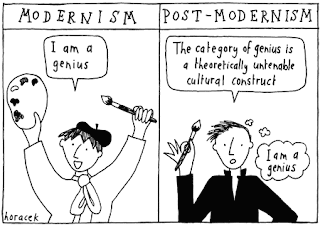The well-being of the minister
The
well-being of the minister is critical to the success of the individual’s
ministry and personal life. Ministry is not just a vocation like any other, but
it is a calling which can be pretty demanding. After all, ministers are
constantly dealing with people, and working with people can lead to burnout,
which is defined as a psychological condition that results from chronic
stress related to working with people(Miner,2007). I currently serve in a couple of different ministries in Hillsong
Church, which includes our Citycare ESL(English as a 2nd language) ministry,
Star Bar Outreach ministry and interpretation ministry. The topic of burnout is
something I have personally experienced in 2015, when I was juggling multiple
ministries and leading various teams. At one point, I was holding leadership
positions in 4 different ministries, leading a connect group, working 2
part-time jobs as well as pursuing my 1st year of Hillsong college. One of the
relational issues pushed me to the verge of a burnout, and I
started to resent my roles and even felt like giving up all but one of the
ministries. However, I had seen burnout happen to my other friends and
recognised its symptoms, so I let go of several things on my plate before that
could escalate in my life. I am really thankful that I did not suffer from
any massive burnout. God has put wise people in my life who has helped
me stay the path, such as my oversight who advised me to take time for myself and take a few things off my plate.
This
lecture helped to drive home the importance of our well being as ministers and
shepherds of people. Sometimes we care so much for people that we neglect to
take care of ourselves. It is not selfish to prioritize our well-being, as our
own sheep will eventually suffer if we do not take good care of ourselves.
Miner(2007)’s
study on burnout in new ministers showed that "an internal orientation to
the demands of ministry(where ministers depend on internal sources of authority
and coping, such as spirituality and competence)" will help reduce
burnout. Her study also concluded that burnout increased over time in
ministry, and that ministry and relational issues were most stressful to
ministers. This showed me that one’s spirituality, or walk with God, is
essential if we want longevity in ministry. Competence is also needed as the
more competent you are, the better you are able to deal with different
stressors and issues that will crop up in ministry. Practically, I would apply
this to my team by checking in with everyone and their well-being, and making
sure they are taking care of their own spiritual needs first before serving
others. It is hard to serve from an empty cup, and we want to constantly be
filling ourselves and drawing from Christ our source.
There
are many ways of coping with the pressures of ministry, such as taking a
holiday, finding time with family, talking with someone and intentional times
of prayer(Kaldor, 2001). Leadership can be a lonely road, but it is impossible
to do it alone. The people we surround ourselves with, spend time(or choose not
to spend time with) and do life with determine how far we go in our ministry.
As a leader, I have to be intentional with my time and how I spend it.
Part
of our well-being also comes from how we relax or refresh our souls so that we
can be emptied again. Refreshing our souls can mean different thing to
different people. For me, I enjoy journaling and spending moments of quiet
reflection with God, as well as worshipping on my guitar. Before I get accused
of being overly spiritual even in my recreational pursuits, I also enjoy
‘secular’ hobbies such as cycling, enjoying good food and travelling to new
places.



Comments
Post a Comment